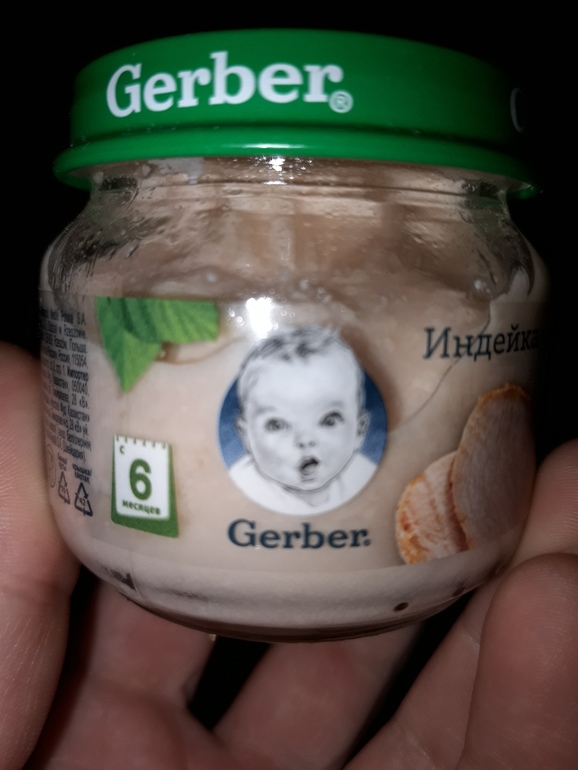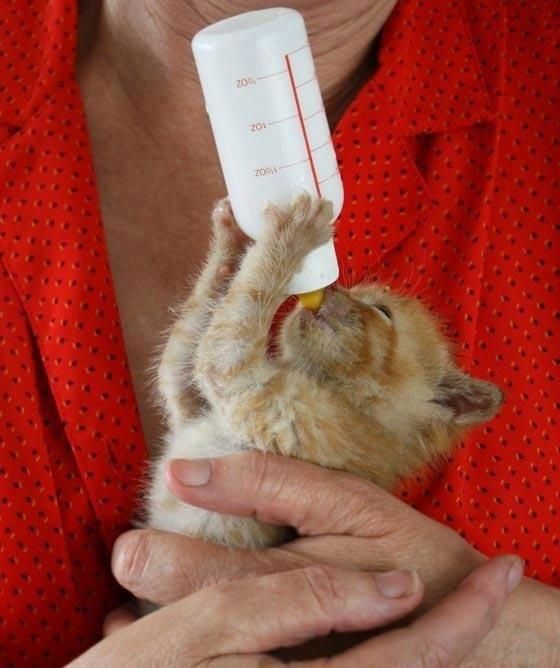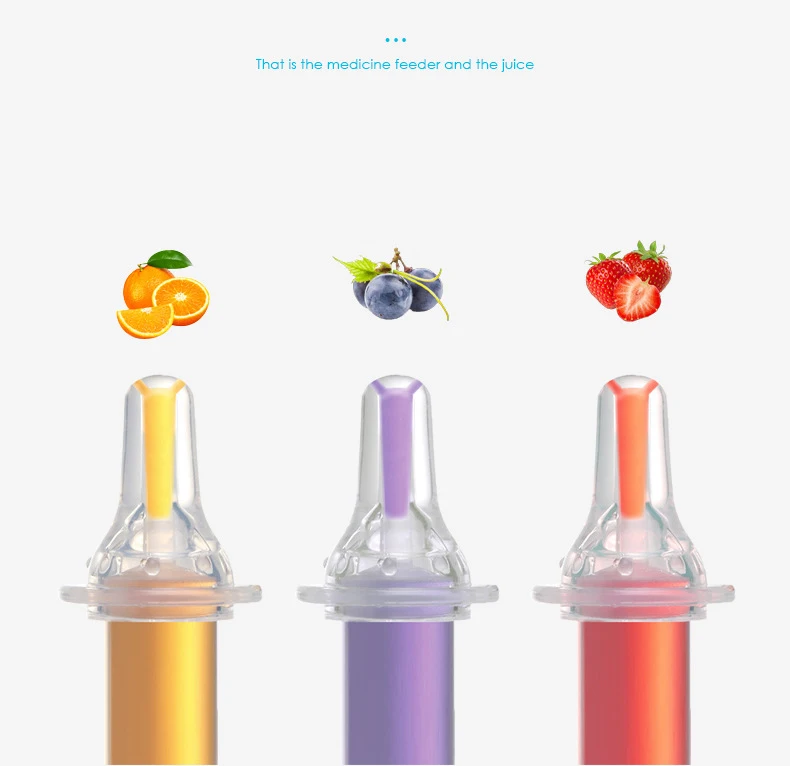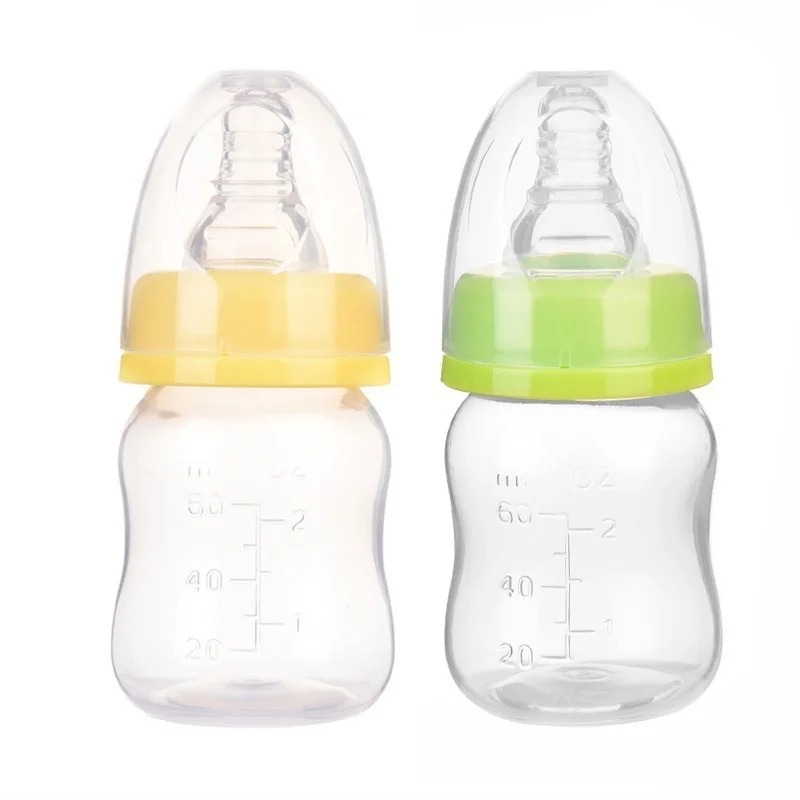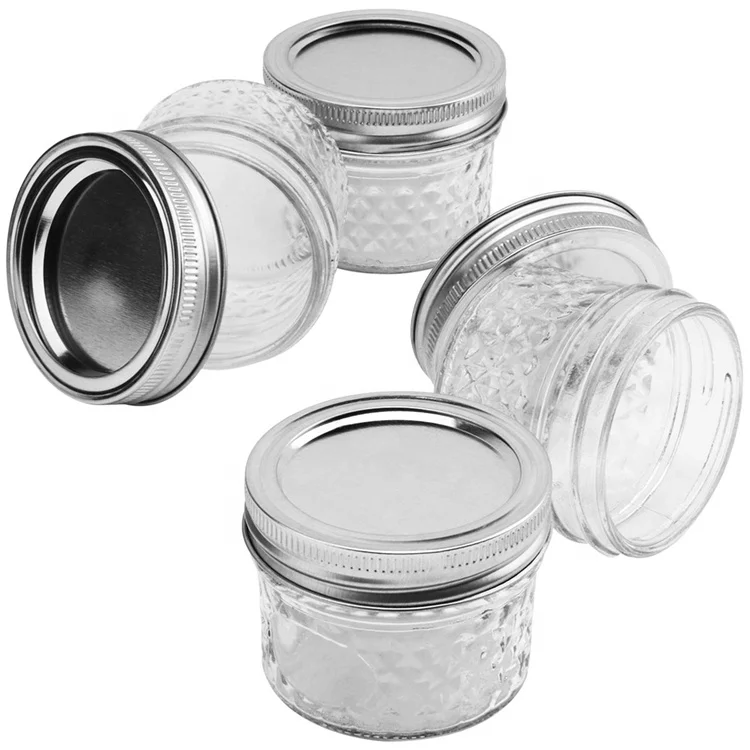Raised real baby food
Baby & toddler food brand Raised Real launches in frozen food aisle at Super Target nationwide
The products – four meals and two breakfast products ($4.99) – will also be available at Target.com for in-store or curbside pickup or in partnership with Shipt, said Raised Real, which was founded in 2016, attracted a sizeable investment from frozen food giant Schwan’s a year later, and has since built a loyal following for its pre-portioned, flash-frozen meals in finger food form.
Retail was always in the plan for the brand (strapline: ‘the best baby food isn’t baby food’) at some point, said co-founder Santiago Merea, who has been tracking attempts to build a chilled baby food category at retail via dedicated fridges or new segments in the dairy aisle next to kids’ yogurts, but says the economics of frozen are more appealing.
“Fresh is incredibly expensive," he told FoodNavigator-USA. "Not only because it’s expensive to produce and keep fresh and the supply chain is expensive, but retail will also discount your product based on the expiration date. If you hope to have any good margins in fresh, forget about it.”
On a consumer level, he said, attitudes are also changing about frozen food, which has been a big winner during the pandemic. The fact that Gerber has just started testing toddler food in the frozen aisle is also an encouraging sign that he's not the only one that thinks there's some mileage here, said Merea, although he says their respective product offerings are quite different.
“Millennials think about frozen as fresh, and frozen has been growing at an incredible pace during the pandemic.”
Raised Real products - which use 32% post consumer recycled plastic - will sit next to other frozen food products targeting younger children, said Merea: “Bringing us in with six SKUs is a pretty big deal, so we’re very excited about this; it’s an incremental product and Target over-indexes on kids meals. A lot of families shop at Super Target so it makes sense to start there.”
'Schwan's is a key strategic partner for us'So is Schwan’s involved in the frozen retail launch?
“Not directly,” said Merea, “But they are a key strategic partner for us, so you can imagine in the future if we are in retail in a very significant way, they have a strong distribution platform.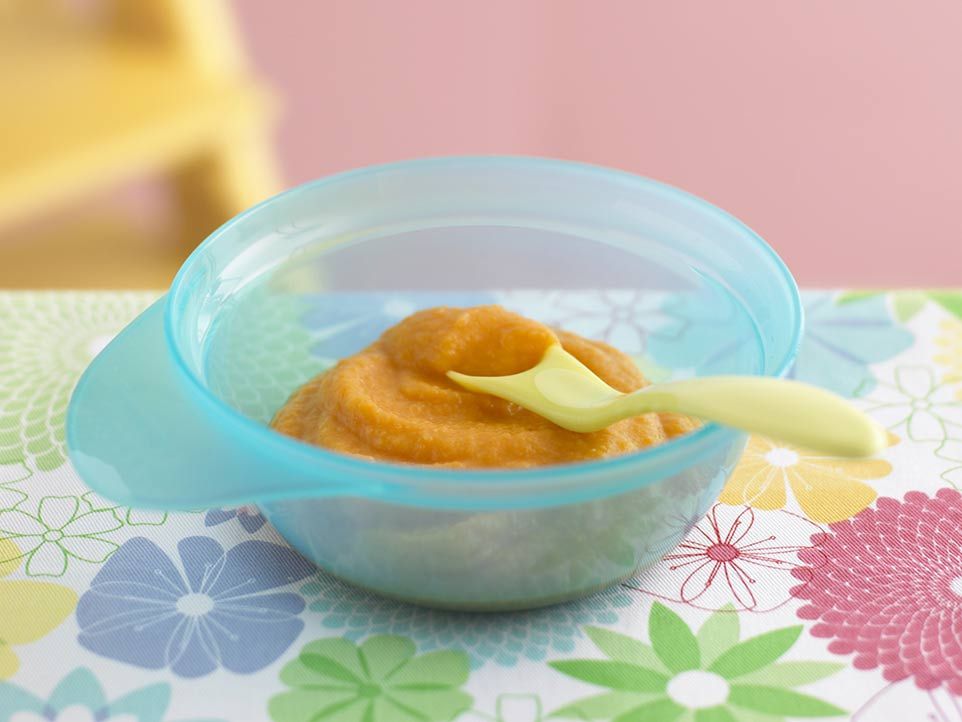
“But for our direct to consumer business they're incredibly helpful because they have the ability to distribute our product through 10 distribution centers around the country so we guarantee everybody one or two day shipping, which is why we have such healthy unit economics.”
Puree it, smash it, or finger food it... Raised Real products can be eaten with your fingers or a spoon'CPMs for Facebook, Instagram, they're still pretty high...'While the cost of CPMs (ads bought per 1,000 impressions) skyrocketed last year as more brands piled into the direct-to-consumer space, Raised Real had a very strong 2020, attracting higher average orders (in part because its new breakfast products were a big incremental hit) and wooing more customers, said Merea.
“We did wonder, are these people joining just for the short term, or are they going to become members for a long time? But we’ve actually seen the same retention rates.”
That said, online advertising is changing, he said.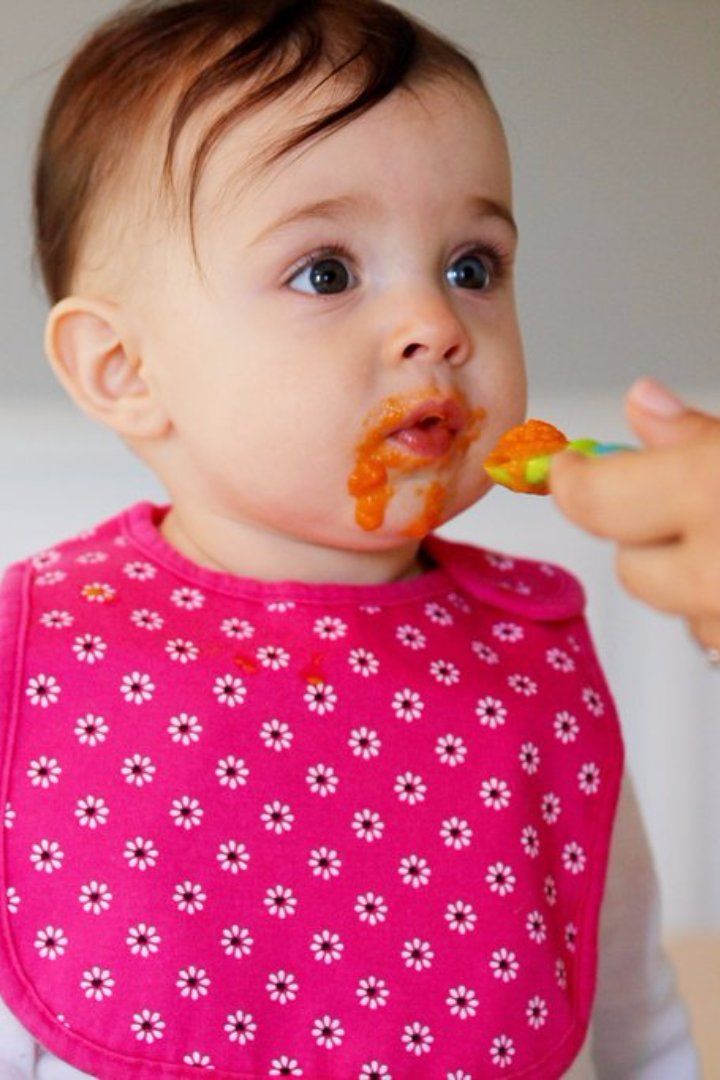 “I think things will be more intentional, versus just retargeting and driving people nuts with ads until they click on them. That will go away, because it's becoming too expensive.
“I think things will be more intentional, versus just retargeting and driving people nuts with ads until they click on them. That will go away, because it's becoming too expensive.
“CPMs for Facebook, Instagram, they're still pretty high and I think a lot of these new companies are having a scary time. It’s not like you put a website up and people just come; after you exhaust your email audience, you have to go and search for new eyeballs, and that's tough.”
Gerber recently took its organic Freshful Start brand into the freezer aisle, which is currently available at 219 Target stores with plans to launch nationally in the near future, says the company: “The results of this test launch have shown to be promising; Gerber is bringing incremental volume to the frozen aisle.” Picture credit: GerberRaised Real CEO Santiago Merea was one of the winners of FoodNavigator-USA’s 2018 FOOD FOR KIDS trailblazers competitionParents Are Embracing Subscription-Based Delivery Of Baby Food
Raised Real Corporate
Ask any parent about one of the more frustrating aspects of raising a child and invariably the topic of meals and concerns about nutrition will be mentioned. This is especially true for parents with infants and toddlers.
One company trying to simplify the lives of busy and stressed out parents is San Francisco-based Raised Real.
Raised Real was founded by industry veterans Santiago Merea, former CEO of Orange Chef (acquired by Yummly in 2016) and a father to twins, and Steven Kontz, CFO of Orange Chef.
Advisors to the forward-thinking brand are comprised of industry thought leaders including Birchbox cofounder Mollie Chen, Glossier cofounder Nick Axelrod, former Vitaminwater and Pirate's Booty executive Chris Pruneda, and former TaskRabbit VP of marketing, Jamie Viggiano.
The baby food market globally is estimated to be $54 billion, and by 2021, it is estimated that the market size will increase to nearly $77 billion.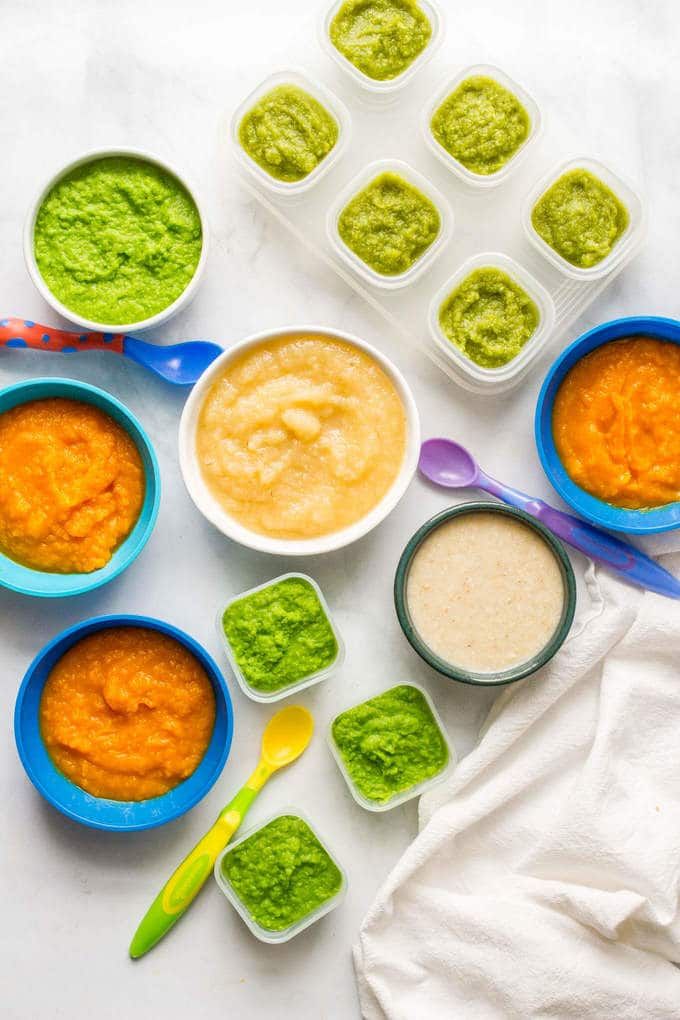 Gerber is the largest baby food brand in the U.S. and globally in terms of annual sales.
Gerber is the largest baby food brand in the U.S. and globally in terms of annual sales.
Raised Real is on a mission to provide parents with an alternative to the established brands they find in the baby food aisle.
Merea had the good fortune of attending and graduating from the University of Minnesota with a Master's degree. During his time as a student, Merea learned of Schwan's, a leading food company founded in Minnesota. Schwan's sells frozen foods from home-delivery trucks, in grocery stores, by mail, and to the food service industry.
Schwan's is the largest investor in Raised Real and the company has leveraged its expertise in food production, innovation and logistics to make Raised Real's meals available nationally.
“Raised Real has taken a unique approach to the baby food category,” says Dimitrios Smyrnios, CEO of Schwan’s Company. “We believe in their vision of delivering the best in homemade baby food, as we were the pioneers of direct-to-consumer food delivery when Schwan’s got its start in 1952.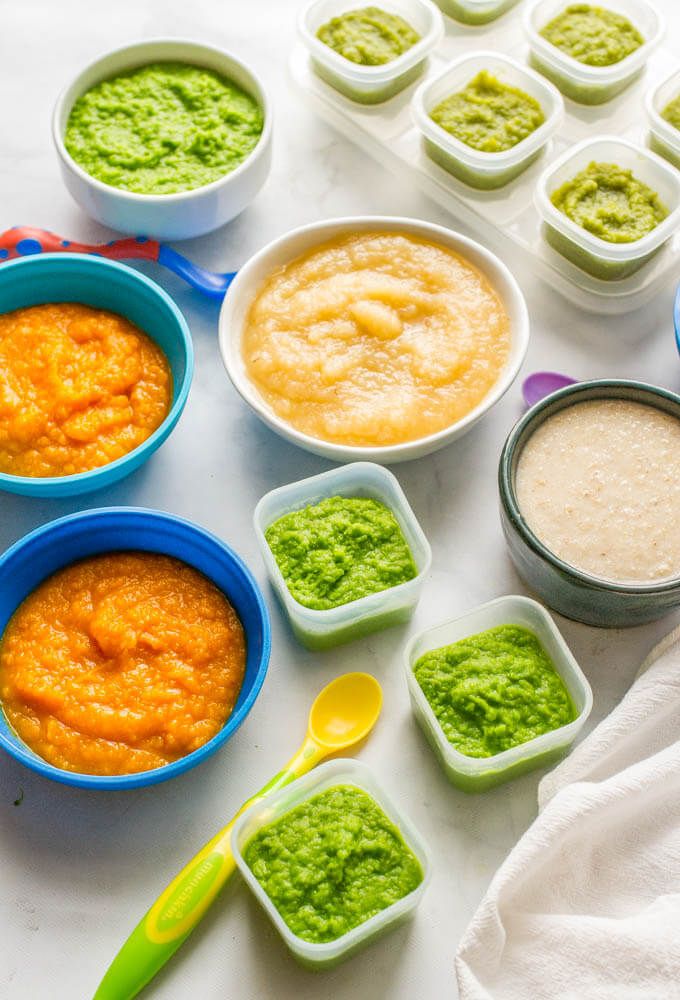 ”
”
Schwan's Corporate
As someone who knows his way around a kitchen, Merea became frustrated at the amount of time and waste involved in trying to make healthy and nutritious meals for kids. Babies eat such small quantities of food that its challenging to use all of the products purchased.
Applying skills he learned in the food business, Merea began making large meals with a different variety of foods and then freezing the meals for use a little at a time. A born entrepreneur, Merea recognized an opportunity to start a business selling frozen baby food. Schwan's helped turn the vision into a reality.
Merea did not want to be in the meal-kit business. Instead, the focus was on creating and selling high-quality meals that could be prepared in minutes.
Raised Real Corporate
A membership to Raised Real is $95 for 20 meals, every two weeks. That is $4.75 per meal. Raised Real meals are only available online. According to Merea, the company has sold over 250,000 meals in 2018. The company is also growing 50% month over month, which has exceeded expectations.
Each curated recipe is expertly crafted and is aimed to integrate fruits, vegetables and micronutrients that are most beneficial during a child’s pivotal early developmental stages with the perfect balance of healthy fats, protein and superfood ingredients.
Raised Real meals are safe for babies at 6+ months and arrive as whole ingredients, giving you the option to blend, mash or serve it as finger foods. Sample meals include: Peas + Zucchini with hemp hearts, basil and avocado oil; Chickpeas + Tahini with cauliflower and turmeric; and Broccoli + Green Beans with chickpeas, flaxseed and avocado oil.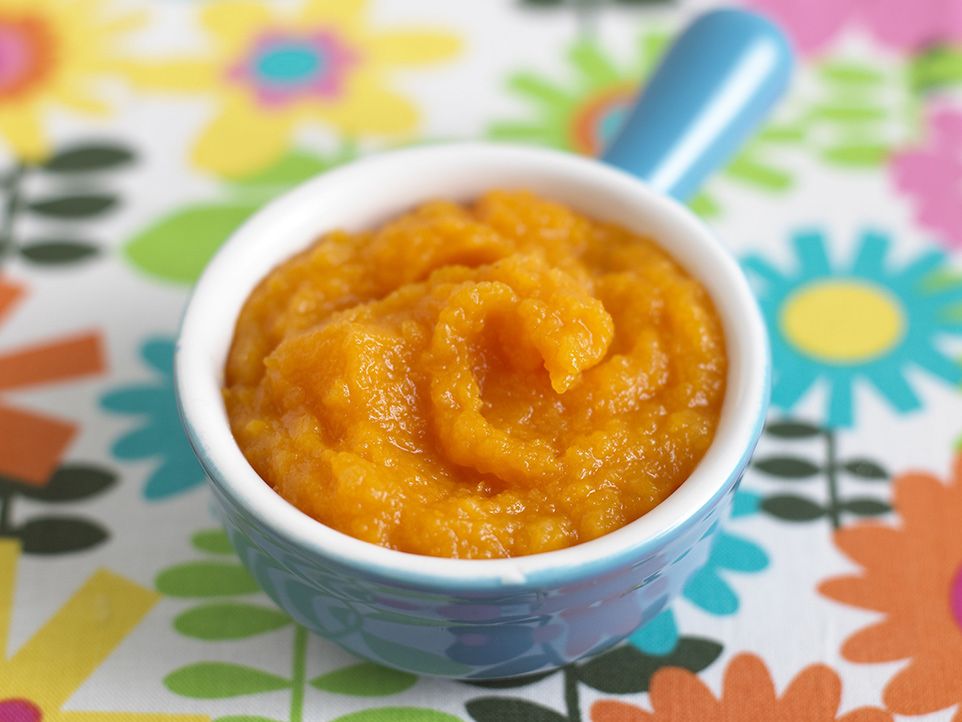
An interesting service provided for customers of Raised Real is an exclusive text hotline for all baby food and nutrition-related questions. Have a question? Simply send a text.
Unlike meal-kit companies that face high customer acquisition costs and low rates of customer retention, I anticipate that Raised Real and other companies trying to disrupt the baby food category will find success.
Parents may vacillate from one meal choice to the next, but buying food for babies is much easier for one reason: Babies don't talk. They just eat what's put in front of them, most of the time anyway.
Raised Real Corporate
Parents never seem to have enough hours in the day so a time-saving subscription service that also provides peace of mind that the food being served is nutritious and good for babies will prove popular.
I am also intrigued by the fact Schwan's and Raised Real have a relationship. Both companies want to see a generation of kids raised on real food. Partnering will help reach each that goal much faster.
Schwan's and Raised Real share the same vision of producing unprocessed, farm-fresh food and making it easily available to all children, as well as fundamentally change how busy parents feed their kids.
Merea informed me that Raised Real is impressed by Schwan's expertise in supply chain management as it will be instrumental in scaling the company.
Schwan's leadership team is wise to focus on e-commerce, product development and leveraging its fleet of delivery trucks to their fullest extent. It is plausible that Schwan's could make changes to its trucks whereby the trucks can deliver groceries, frozen food and even cooked meals. I touch upon these topics in this article.
I believe Schwan's has tremendous potential for increased growth and there are interesting acquisitions that the company could make.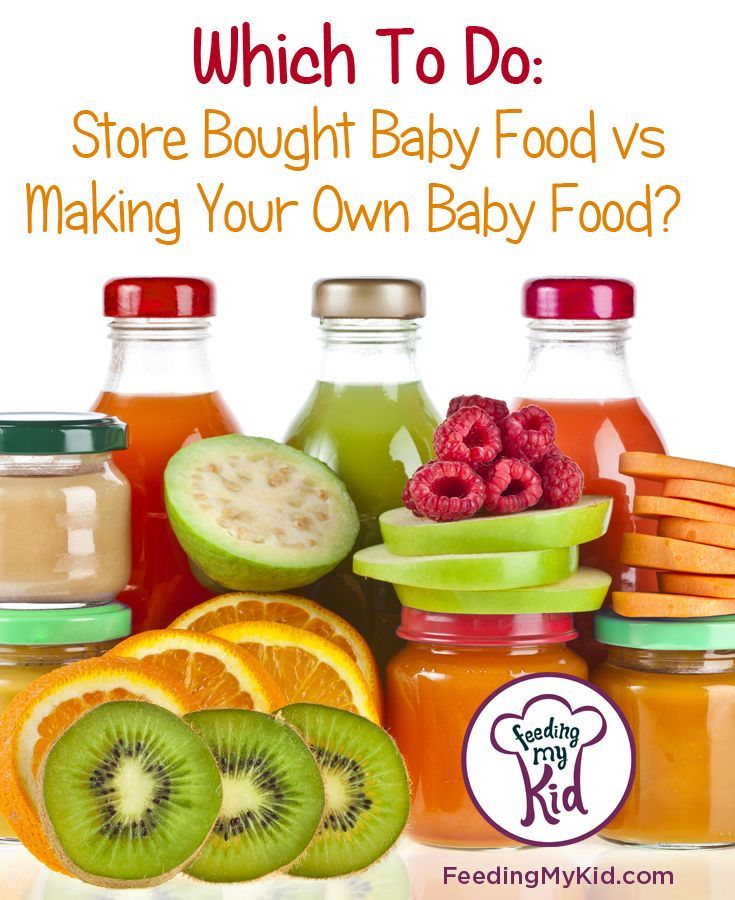 For example, acquiring the online grocery retailer Peapod from Ahold Delhaize. I also like the idea of Schwan's acquiring the nutrition and weight-loss company, Personal Trainer Food.
For example, acquiring the online grocery retailer Peapod from Ahold Delhaize. I also like the idea of Schwan's acquiring the nutrition and weight-loss company, Personal Trainer Food.
Unlike a meal-kit company, Personal Trainer Food designs meals for customers and ships its food frozen. I have assessed over 50 meal-kit and ready-to-eat meal companies and I rank Personal Trainer Food as one of the best in terms of taste, quality of the product, and operational efficiency. I'm confident that Schwan's can increase sales for the weight-loss business and expand the brand to include meal options for families and individuals.
A strategic partnership with Omaha Steaks or an acquisition of Omaha Steaks by Schwan's is worth exploring. A combined Schwan's and Omaha Steaks offers interesting possibilities, especially as it relates to specialty retail stores.
Schwan's could also acquire one or smaller innovative frozen food startups like Evol.
Other possibilities worth exploring for Schwan's are introducing frozen food products from U. K.-based Love Food and other international companies that sell frozen meals. The pies from Love Food would prove popular in the U.S..
K.-based Love Food and other international companies that sell frozen meals. The pies from Love Food would prove popular in the U.S..
Schwan's is also a potential acquisition target for companies based in the U.S. or international food companies seeking entry into the U.S. food market.
Due to the increased growth of the consumption of frozen meals and the continued increase in online grocery/food ordering and home delivery, Schwan's is well positioned. Schwan's may even choose to go public.
Raised Real and Schwan's is the perfect example of experience and innovation collaborating to achieve a mutual goal. Busy parents and tiny humans are quickly becoming fans and customers.
An elderly athlete from Shakhty lifted a kettlebell 648 times and won 5 gold medals » News from Shakhty
Vasily Melnikov, a 65-year-old pensioner from Shakhty, continues to conquer prestigious sports competitions. This time, the kettlebell lifter brought 5 gold and one silver medal from the Crimea, where the Russian championship among veterans in kettlebell lifting was held, as well as the Krymsky Bridge kettlebell lifting festival. Competitions were held in the city of Alushta from 8 to 12 September. During sports competitions, Vasily Melnikov from Shakhty proved that he has no equal in lifting weights in his age category - from 65 to 69years.
Competitions were held in the city of Alushta from 8 to 12 September. During sports competitions, Vasily Melnikov from Shakhty proved that he has no equal in lifting weights in his age category - from 65 to 69years.
Achievements and results
In Crimea, Vasily Melnikov won prizes in various nominations and brought five gold medals and one silver medal. In the "Half Marathon" nomination, Vasily Melnikov lifted a 12-kilogram weight 648 times in 30 minutes; in the snatch, the athlete lifted a 16-kilogram weight 200 times with one hand in 10 minutes, and in the jerk of two 16-kg weights from the chest, the pensioner lifted them 125 times in 10 minutes. As Vasily Melnikov admits, these are not his most outstanding results, but they were enough to earn almost all the "gold" of the competition.
- My sports experience is 55 years. Of these, for 32 years I have been doing only kettlebells, before that, for 25 years since 1969 I was a boxer, - Vasily Melnikov told KVU, - in 1966 I began to get involved in swimming.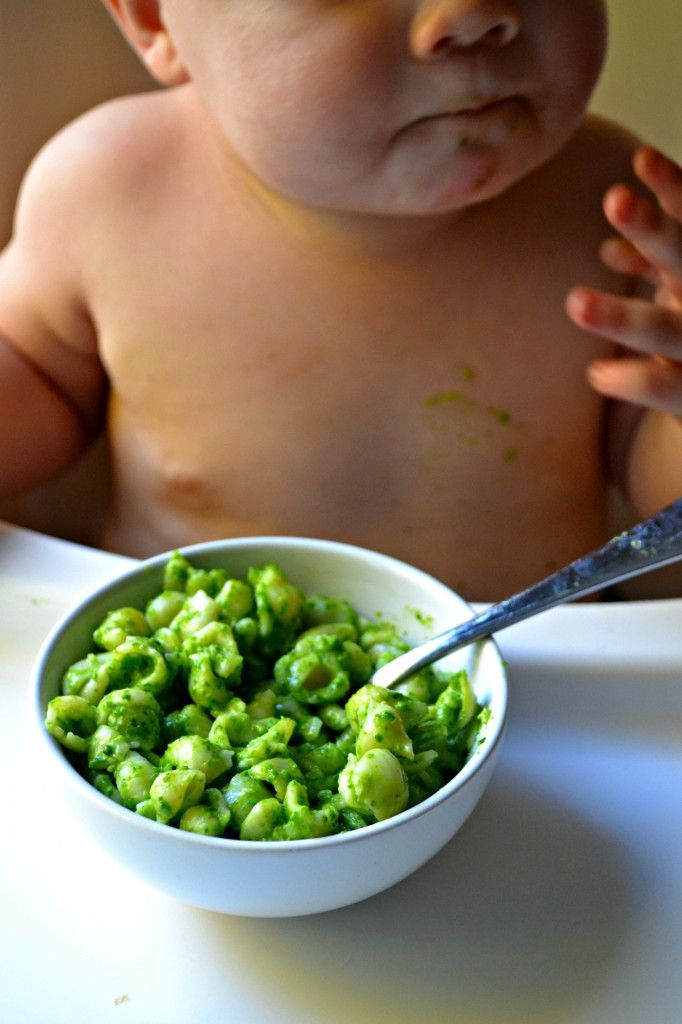 Then I had a period when I was engaged in wrestling, but after an injury, I switched to kettlebells.
Then I had a period when I was engaged in wrestling, but after an injury, I switched to kettlebells.
Strong and beautiful
Who said that in retirement you can only complain about sores and mope? Vasily Melnikov, as an active veteran athlete at the age of 65, not only conquers prestigious international competitions and surprises young people with his achievements, but also wins beauty contests. Recall that last year Vasily Melnikov became the winner of the prestigious international competition of beauty, fashion and talent "World Russian Beauty".
Ecological community
Vasily Melnikov expressed his deep gratitude to the Don Novo-Gundor community, the leadership and members of which delegated the athlete to the competitions in the Crimea. Thanks to the care and support (including financial) of the community members, Vasily Melnikov was able not only to go to prestigious competitions, get a decent sports uniform, but also win, proving to the judges and fans that sport, even in the autumn season of life, can make a person vigorous and healthy.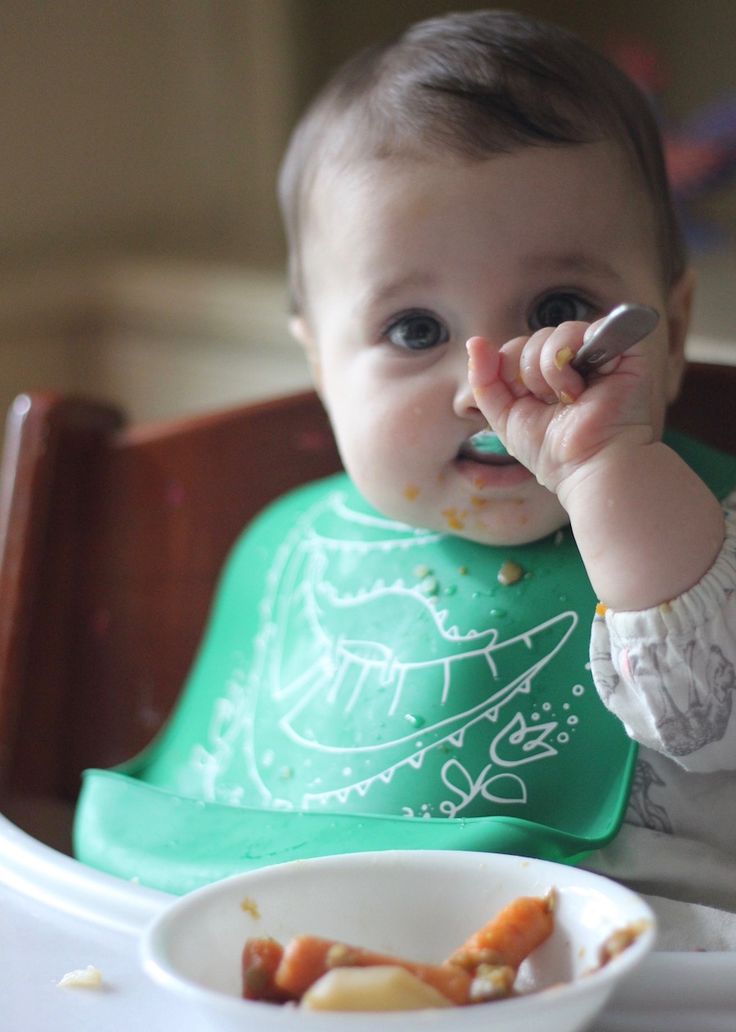 and capable of producing brilliant sports results, setting unique records.
and capable of producing brilliant sports results, setting unique records.
- When I was seven years old, and Nikita Sergeevich Khrushchev was alive, he announced to the whole country that in 1980 we would come to communism, - Vasily Melnikov recalls with a smile, - and the basic principle of communism is “from each to ability, to each according to need.
As a child, I dreamed that when socialism came in 1980, I could eat ice cream for free. My naive childhood dreams did not come true. To my great regret, communism did not come. I didn't regret it for long. However, I cannot say that this did not happen in a single area.
Communism came to the Novo-Gundor community 20 years ago. People united, bought the territory of an abandoned children's camp on the banks of the Seversky Donets, in the village of Gundorovskaya near Kamensk, recaptured the territory from the bandits and began to farm there, grow agricultural products - vegetables, fruits.
At present the members of the community live what Vasily Melnikov dreamed about, the principles of communism.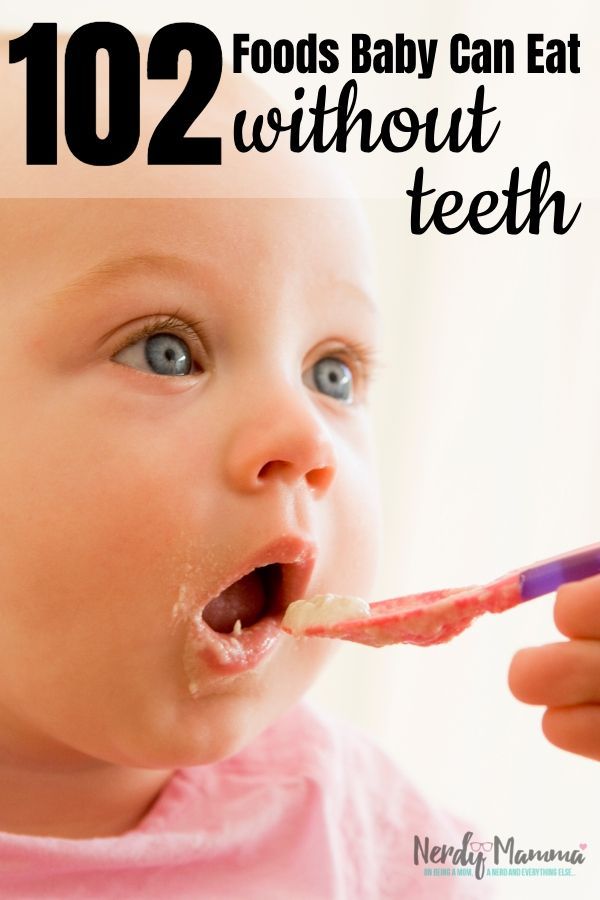
The village of Gundorovskaya, where the community is located, was known even before the revolution and was famous for the Cossacks, who were real warriors, many served under the tsar.
People who are ready to work live in the community, each person does something, food is organized there 5-6 times a day. Currently, Vasily Melnikov represents the interests of the community in the field of sports. There are many children in the settlement, whom the kettlebell lifting veteran plans to train, educate in terms of physical and sports training.
- On the territory of the community, I work with children, I will prepare champions from them, - Vasily Melnikov shared with KVU, - we will hold competitions, moreover, of the highest level. The territory of the settlement allows for training camps with athletes from different regions. The conditions are ideal - the Donets flows nearby, clean water, you can train and swim. I am ready to prepare champions not only of the Rostov region, but even of Europe and the world.
| 4 December 2020 | Prospects for interaction between science and business were discussed at the IDT Congress |
| Prospects for scientific and industrial cooperation, as well as interaction between the state, science and business, were discussed by the participants of the plenary session "Industry for childhood: 100 ideas for the well-being of childhood" of the IDT Congress, which took place on November 20 as a cross-cutting event of the II All-Russian Conference "A decade of childhood: achievements, problems, prospects" . The conference was devoted to the preliminary results of the implementation of the plan of main events until 2020, held within the framework of the Decade of Childhood, and key areas of activity at the federal and regional levels in the field of childhood for the period up to 2027. Dmitry Kolobov , Director of the Department for the Development of the Industry of Socially Significant Goods, emphasized that the development of the children's goods industry is an integral part of the Decade of Childhood, and also listed the key trends in the industry. Dmitry Valeryevich also noted that the Ministry of Industry and Trade of Russia traditionally pays special attention to the development of the children's goods industry. “The development of the industry is of fundamental importance for the country. The well-being of the future generation that will replace us depends on the quality of goods for children, ”concluded the representative of the department. Tatyana Berdnikova , Adviser of the Department of State Policy for the Protection of Children's Rights of the Ministry of Education of Russia, spoke about the innovations being implemented as part of the Decade of Childhood. “At the moment, the plan of the main events for the period from 2021 to 2027, carried out within the framework of the Decade of Childhood, the purpose of which, among other things, is to ensure the comprehensive safety of children, for the first time includes a separate event - “improving the system for preventing child road traffic injuries”, which provides including educational, methodological and logistical support for the process of teaching children the basics of safe behavior on the roads, ”said Tatyana Sergeevna and added that the Ministry of Education of Russia at the end of 2019issued an order by which for the first time the list of equipment for the educational process included technical means for the educational module on road safety. Sergey Borisovich Malykh , Academician-Secretary of the Department of Psychology and Developmental Physiology of the Russian Academy of Education, raised the topic of the mental and physical development of children in the context of the digitalization of society. “As part of the “Growing Together with Russia” project, specialists from the Russian Academy of Education have developed digital tools for psychological diagnostics that have made it possible to organize and conduct large-scale population studies. At present, the first stage has been completed - a study of the Leningrad region, which has accepted 150 schools and over 12 thousand schoolchildren. The next stage is the Ural Federal District,” the professor explained. Vladislav Kuchma F.F. Erismana of Rospotrebnadzor, Corresponding Member of the Russian Academy of Sciences, conveyed a greeting address to the Congress participants from the head of Rospotrebnadzor, Chief State Doctor of the Russian Federation Anna Yuryevna Popova , and also supported colleagues from the Russian Academy of Education in a call to develop scientific support for innovations in the industry for children. “This is especially true for electronic devices equipped with screens, which are actively used by children in many areas of their life. Research conducted by childhood hygienists in the spring of 2020 showed that during distance learning in self-isolation due to the novel coronavirus infection (COVID-19) pandemic) that schoolchildren in 73% of cases used smartphones - a tool, from a hygienic point of view, not suitable for educational activities and information search. Modern gadgets are actively purchased for children, without scientifically based recommendations on how to use them safely for the health and development of children,” the speaker said and stressed that the scientific community of hygienists supports the initiative of the Association of Children's Goods Industry (AIDT) to plan and implement projects for scientific support of innovations in the field of goods and services for children and adolescents. Director of the Institute of Pedagogics and Educational Psychology of Moscow State Pedagogical University, Corresponding Member of the Russian Academy of Sciences Alexander Ilyich Savenkov added that the result of many years of cooperation with AIDT was the creation of its own testing ground for toys. “We have developed a set of criteria and are conducting research on existing gaming products and products in development. This is age compliance, criteria for compliance with cultural expediency, cognitive development, psychosocial and psychophysical development, the formation and development of didactic values, etc.,” said the professor. Anna Borisovna Teplova , senior researcher at the Laboratory for the Professional Development of Teachers of the Federal State Budgetary Scientific Institution "Institute for the Study of Childhood, Family and Education of the Russian Academy of Education", noted that it is necessary to restore and use the rich experience of Soviet researchers, combining it with modern developments. “Domestic industry has always worked in close cooperation with science. This concerned not so much the safety of gaming products for children, but also its psychological and pedagogical significance for the development of the child,” the expert explained. According to Sergei Vladimirovich Simonenko , director of the Baby Food Research Institute, more than half of the baby food products on the market today are developed using the Institute's technologies. Currently, these developments are carried out with the help of computer-aided design. “The main market trends today are the priority on health, quality, safety and a personalized approach. Properly organized nutrition helps to increase the body's resistance to infections and other adverse external factors. It is extremely important for manufacturers to develop innovative technologies for new generation baby food products. A symbiosis of science and business - only in such interaction can a new product of competitive advantage be made in a rapidly changing environment,” the speaker emphasized. Tatyana Alexandrovna Solovieva, director of the Institute of Correctional Pedagogy of the Russian Academy of Education, spoke about the methods of organizing an educational space for children with special needs and raised the problem of inclusiveness in our country. Boris Pavlovich Goldovsky , director of the Moscow Puppet Theatre, spoke about the draft program for the development of children through theatrical art, which he presented the day before, on day 90th anniversary of the theater. The speaker stressed the need to develop both performances and toys for children with special needs (including those with vision and hearing) and appreciated the importance of innovation in the game. “In order for the domestic toy industry to be not only “on the level”, but also among the leaders in world production, leaders themselves are needed to generate ideas for creating the latest games, toys and images of dolls for children. So in the first half of the twentieth century. was N.D. Bartram, who actually created the variety of products that were subsequently copied in many countries of the world. We need not only organizers and production bases, we need creative leaders, without whom development is impossible,” Boris Pavlovich explained. Moderator of the plenary session Antonina Tsitsulina , head of the working group "Quality children's goods and food products" of the Coordinating Council under the Government of the Russian Federation for the Decade of Childhood in Russia, president of the Association of Children's Goods Industry Enterprises, leader of the project "100 ideas for the well-being of childhood" of the Agency of strategic initiatives, summing up the results of the meeting, noted that the development of the first track "Science in the interests of industry" of the project opens up additional prospects for the development of science-intensive products and the developing environment for childhood infrastructure. The first results of joint scientific research by leading research institutes and Russian manufacturers will be presented in June 2021 as part of the III International scientific and practical conference "Play culture of modern childhood" . Reference: The Children's Goods Industry Congress is the largest event in the industry, included in the Action Plan "road map" for the development of the children's goods industry until 2024. Quality Baby Products and Food Working Group The Coordinating Council under the Government of the Russian Federation for the Decade of Childhood in Russia was formed in order to ensure the interaction of federal state authorities, state authorities of the constituent entities of the Russian Federation, local governments, public associations, scientific and other organizations when considering issues related to the implementation of the Decree of the President of the Russian Federation Federations from 29May 2017 No. |

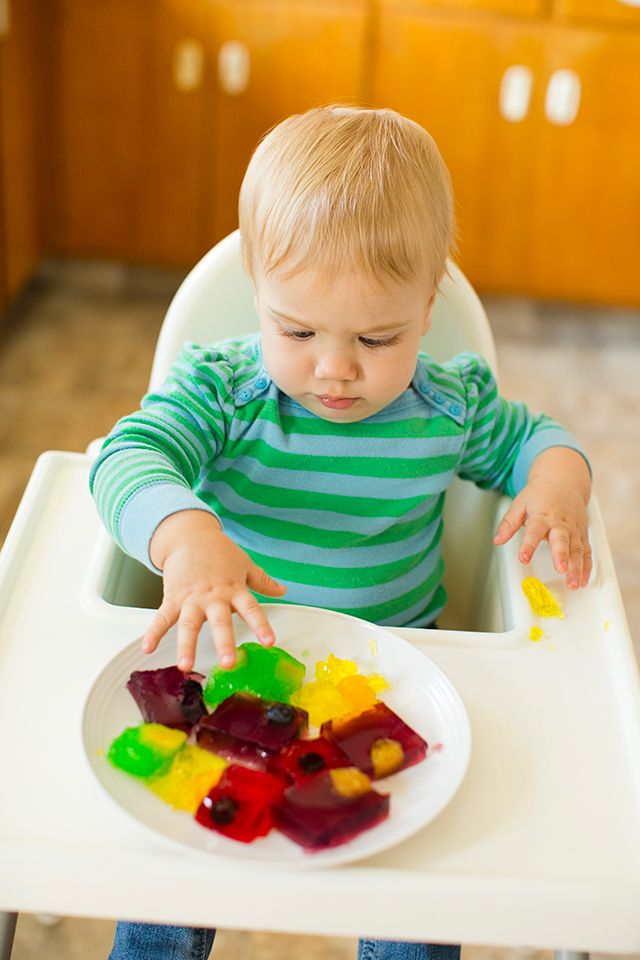 .. [+] age-appropriate ingredients for babies 6-months and older to customers who sign up for a meal subscription.
.. [+] age-appropriate ingredients for babies 6-months and older to customers who sign up for a meal subscription. ... [+] Photo:
... [+] Photo: First of all, the market is maturing - today there are more older children than neonatal ones. This affects the industry, determining the imbalance of prices in the domestic economy. Other factors determining the development of the industry are the increase in online sales, the digitalization of the children's product and the development of own brands and networks.
First of all, the market is maturing - today there are more older children than neonatal ones. This affects the industry, determining the imbalance of prices in the domestic economy. Other factors determining the development of the industry are the increase in online sales, the digitalization of the children's product and the development of own brands and networks. 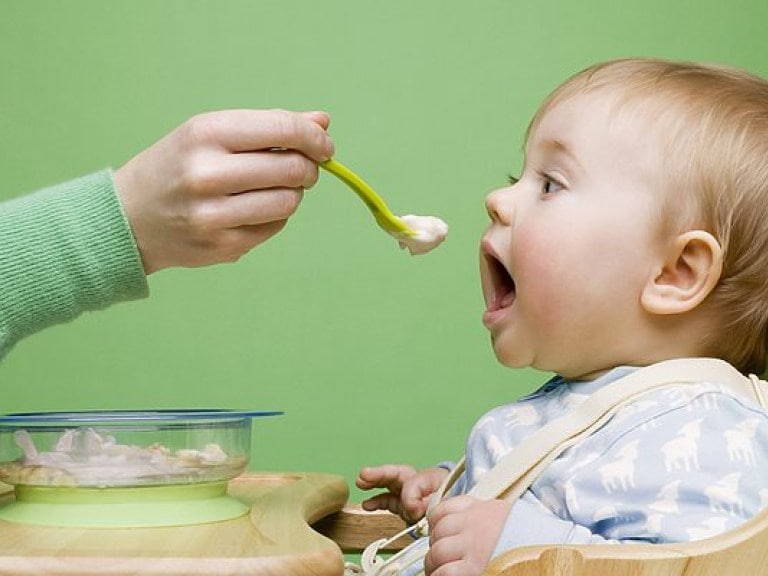
 The speaker spoke about the large-scale study "Growing Together with Russia" conducted by the Russian Academy of Education in the context of the Decade of Childhood.
The speaker spoke about the large-scale study "Growing Together with Russia" conducted by the Russian Academy of Education in the context of the Decade of Childhood. 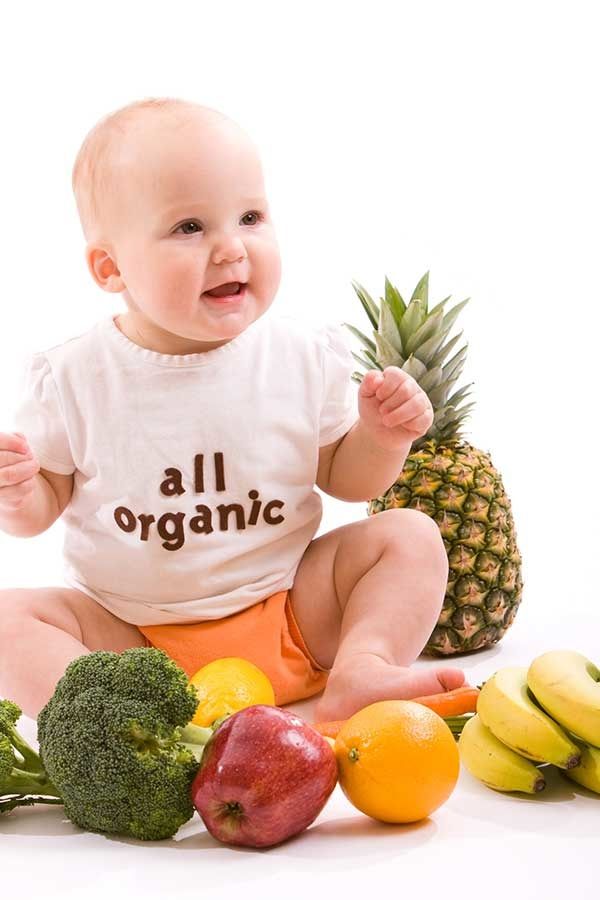
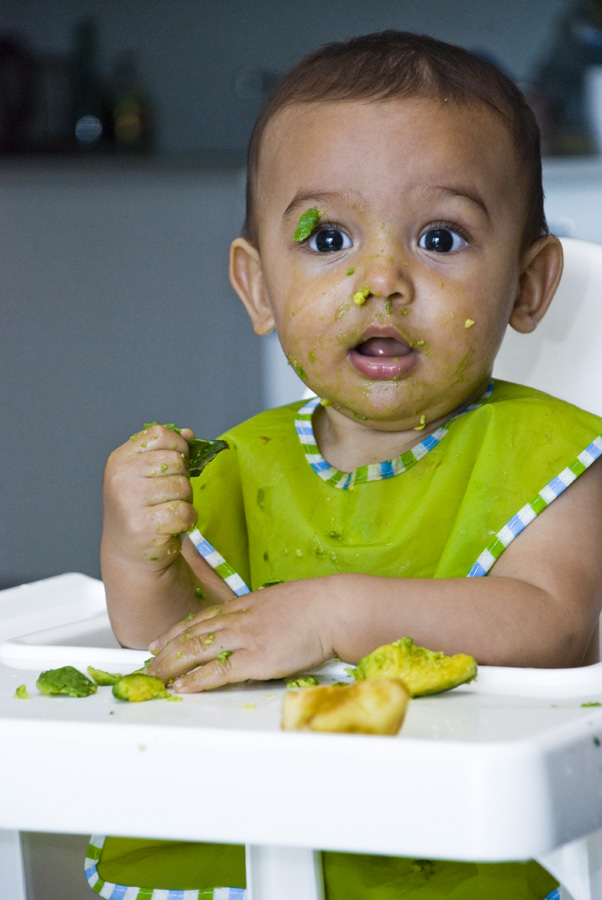
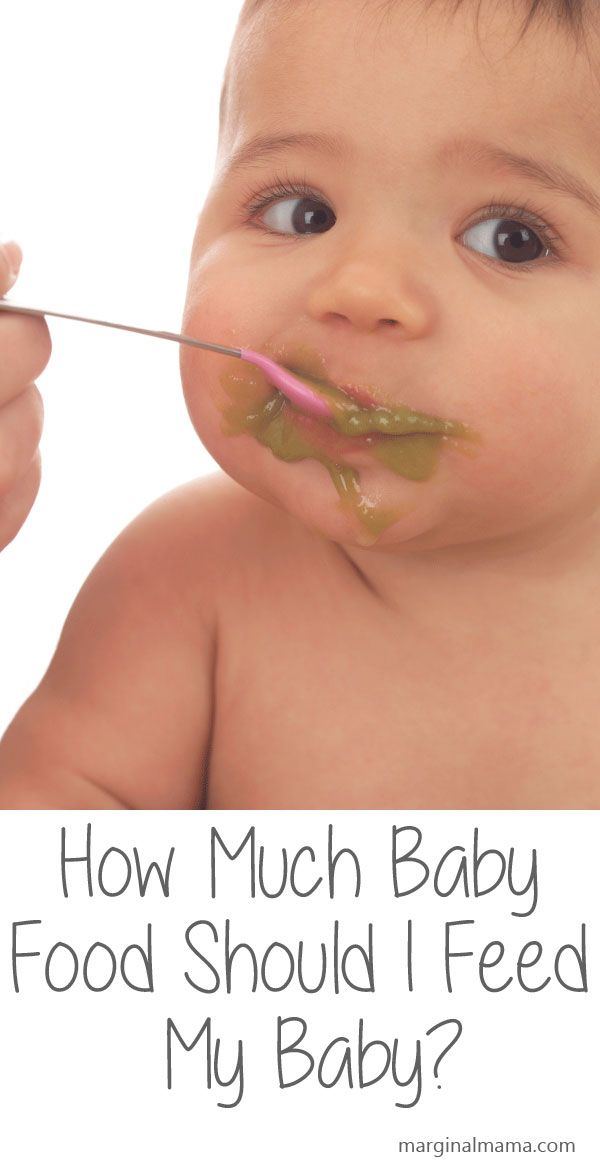
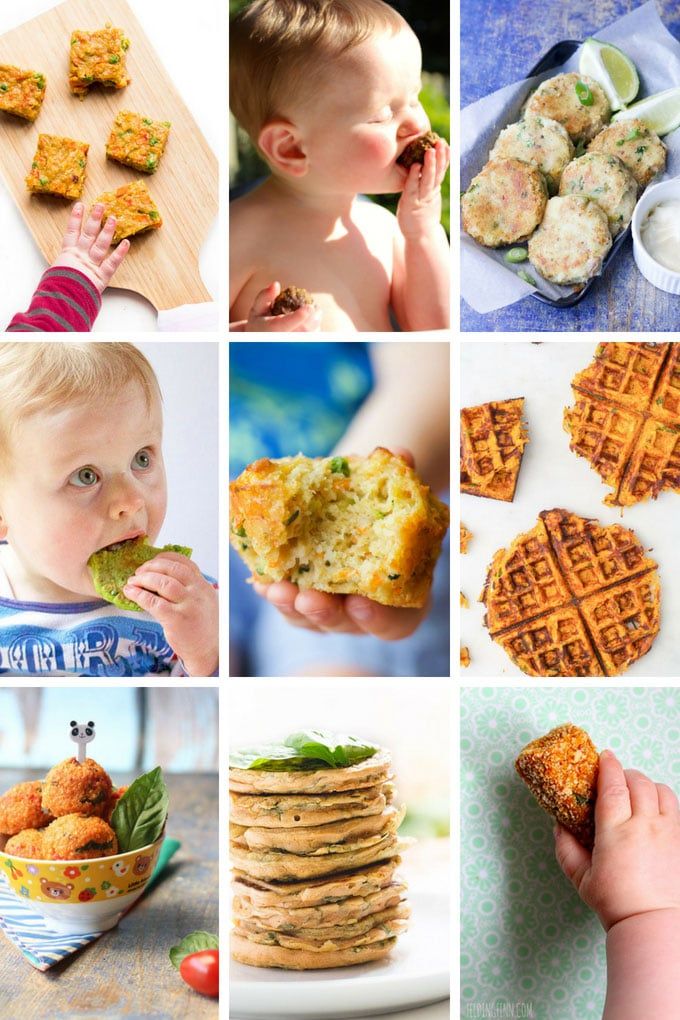
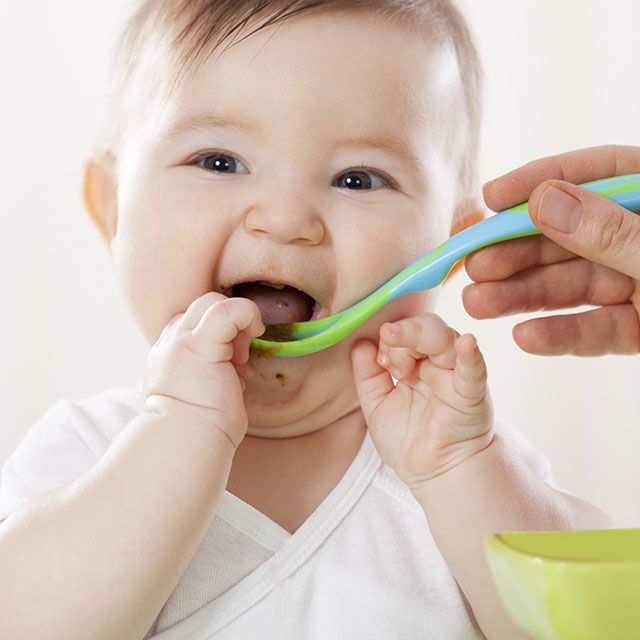
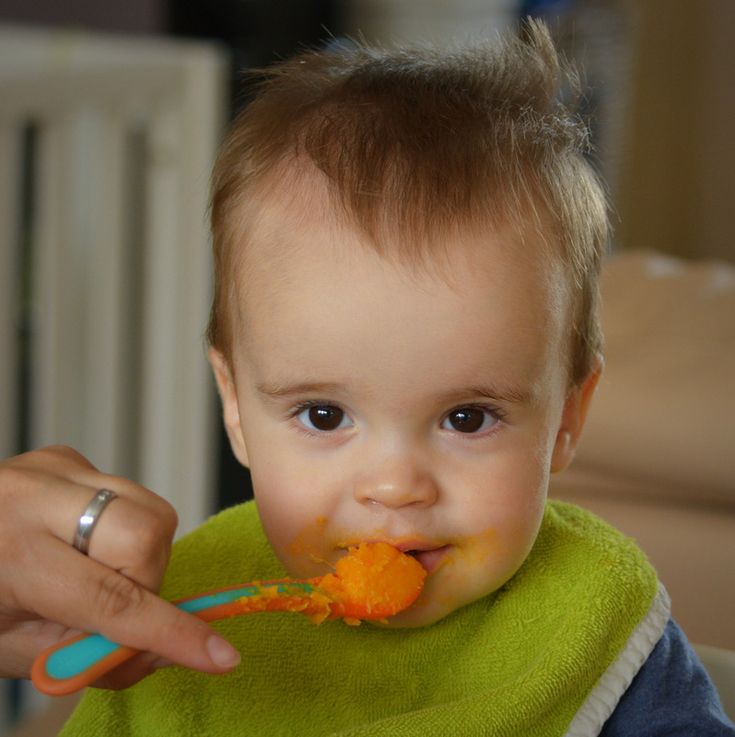 Due to the restrictive measures caused by the COVID-19 pandemic, Congress events were held digitally for the first time. From November 18 to November 20, representatives of federal and regional authorities, business, international and Russian industry, public and scientific organizations discussed the most important issues aimed not only at developing the children's goods industry, but also the country's economy as a whole, including international cooperation.
Due to the restrictive measures caused by the COVID-19 pandemic, Congress events were held digitally for the first time. From November 18 to November 20, representatives of federal and regional authorities, business, international and Russian industry, public and scientific organizations discussed the most important issues aimed not only at developing the children's goods industry, but also the country's economy as a whole, including international cooperation. 
